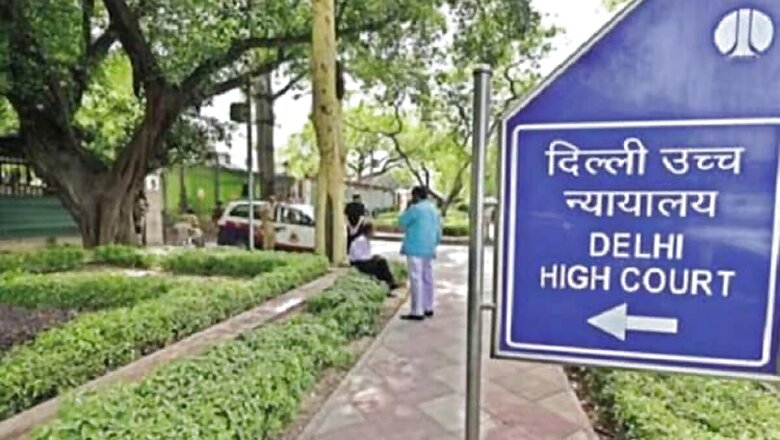
views
The Delhi High Court Wednesday said it would take action for "wilful non-compliance" if the Centre failed to make operational a digital platform for crowd funding of the expensive medicines and treatment for rare diseases. The high court said despite specific directions on January 28 that the digital crowd funding platform be made operational by March 31, it has not been done. Justice Rekha Palli was informed by Additional Solicitor General Chetan Sharma that he was not aware if the platform was working or not. Directing that instructions be sought in this regard by the counsel for central government, the judge said, This court would be constrained to take action for wilful non-compliance.
"I will have to say you are in contempt", the court orally cautioned during the course of the hearing. The court was hearing a batch of petitions on behalf of children suffering from rare diseases, including Duchenne Muscular Dystrophy (DMD) and Mucopolysaccharidosis II or MPS II (Hunter Syndrome), and seeking direction to the Centre to provide them uninterrupted and free of cost treatment as the therapy is very expensive. DMD, one of the various forms of muscular dystrophy, is a rare genetic disease that affects boys almost exclusively and causes progressive weakness. MPS II is a rare disease that is passed on in families and it mainly affects boys and their bodies cannot break down a kind of sugar that builds bones, skin, tendons and other tissues.
On January 28, Justice Prathiba M Singh had passed an order directing central government to make operational the digital crowd funding platform for medicines and treatment for rare illnesses. The court had said that it was issuing the direction to finalise the policy and operationalise the digital platform by March 31.
An affidavit filed by the Health Ministry had said that both things were "likely" to be done by March 31. Subsequently, on March 23, the court passed a slew of directions in connection with the treatment of persons with rare diseases, including a direction to notify the National Health Policy for Rare Diseases by March 31 and setting up a National Consortium for Research, Development and Therapeutics, a rare diseases committee at AIIMS and a fund for such ailments.
It directed that the entire unspent budget allocated for rare diseases for the past three years shall be immediately moved into the rare diseases fund, which shall be managed, supervised and utilised by nodal agency AIIMS. The digital platform created under the Policy for receiving crowd funding shall be linked to the fund and those individuals and companies wishing to contribute shall make direct contributions into it, the court had said. The matter would be heard next on August 4.
Read all the Latest News, Breaking News and Coronavirus News here.




















Comments
0 comment